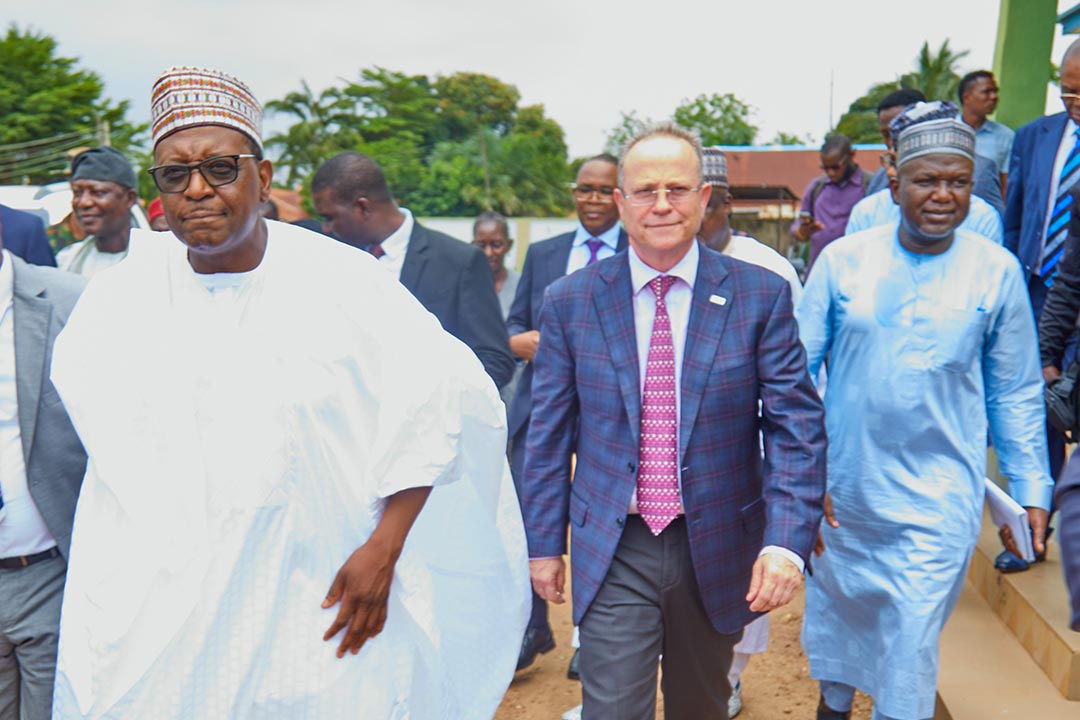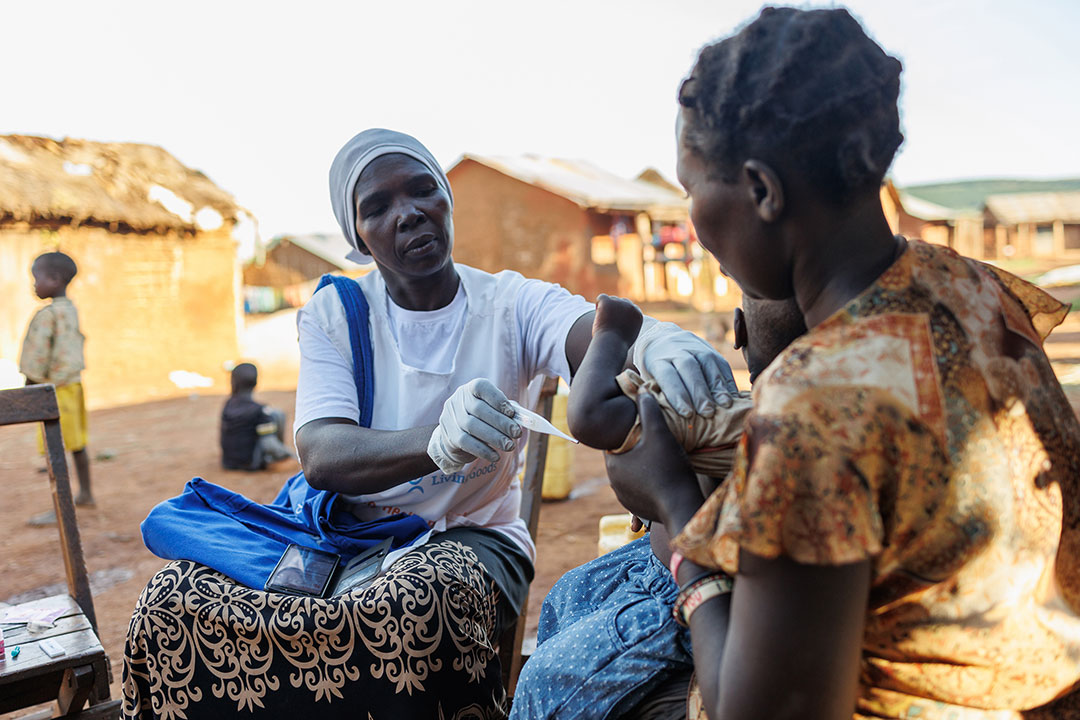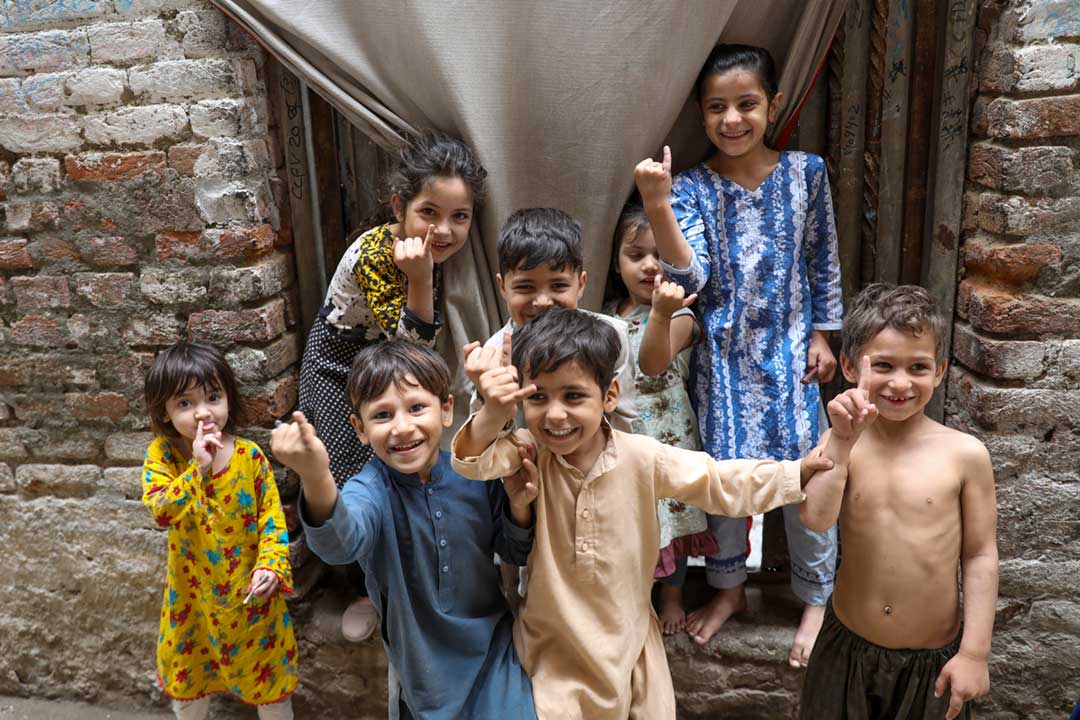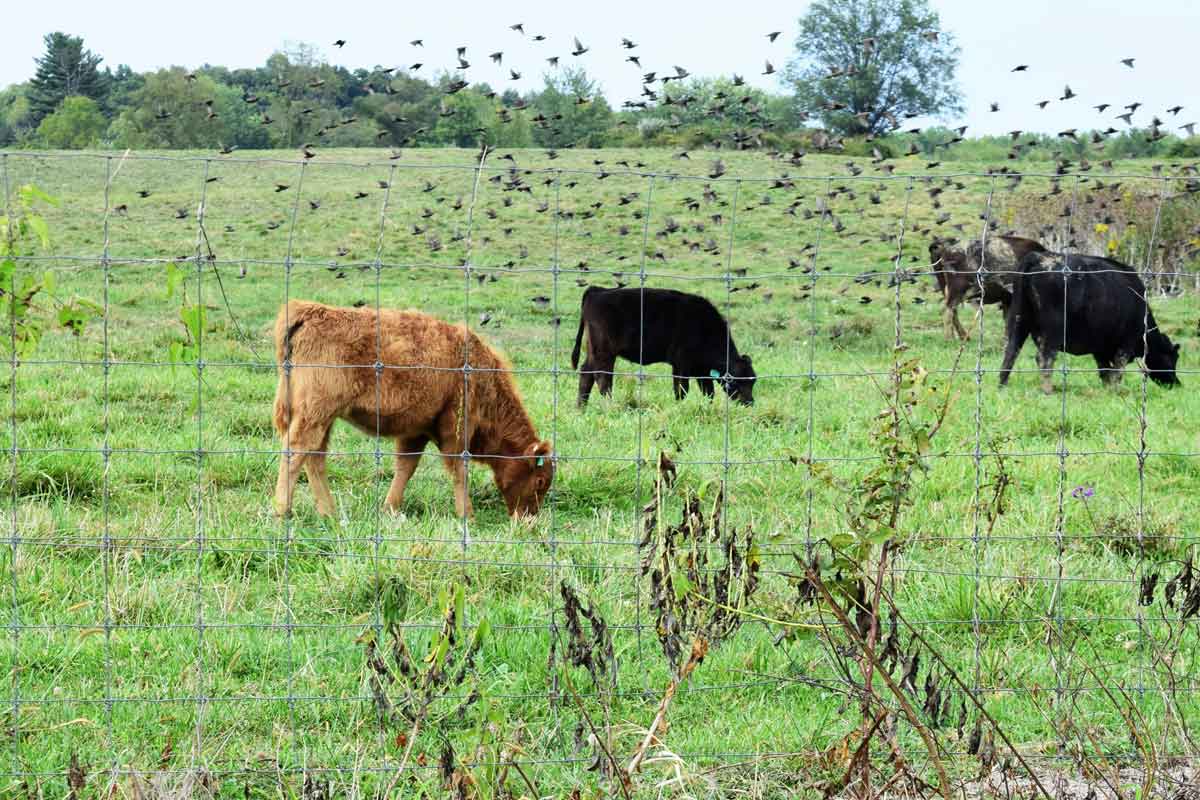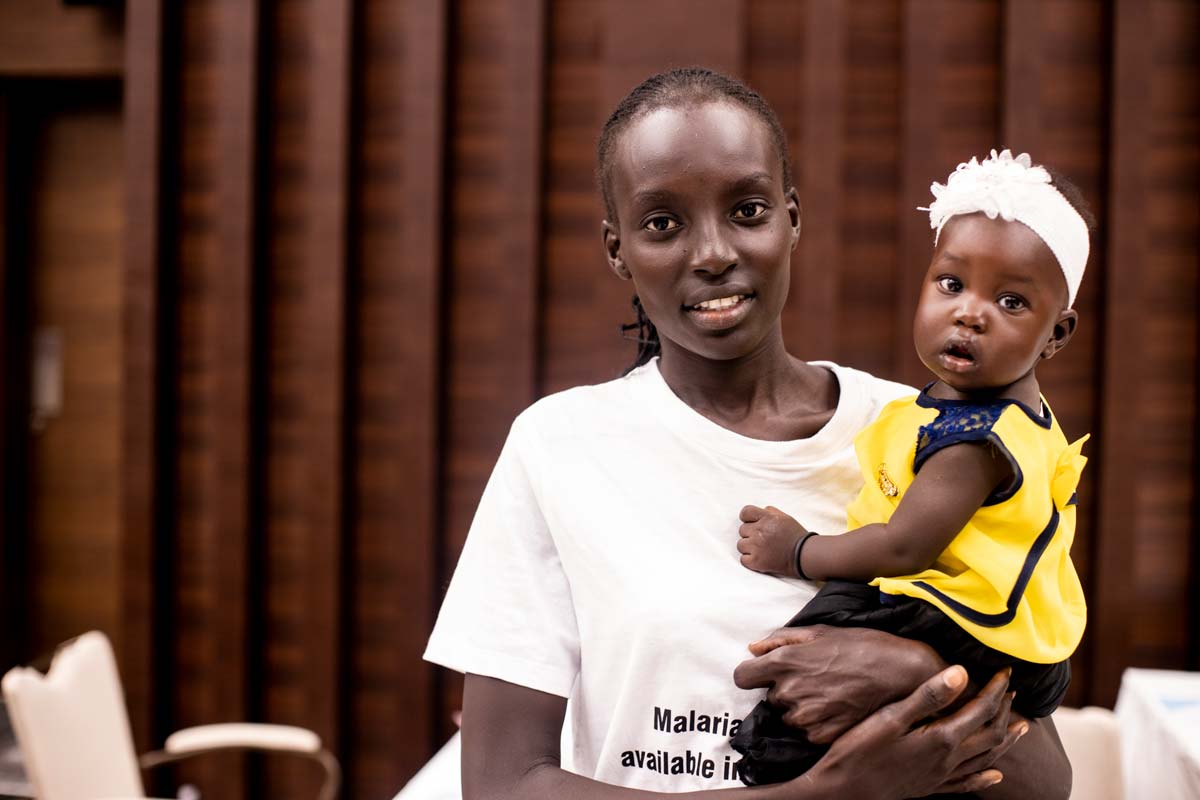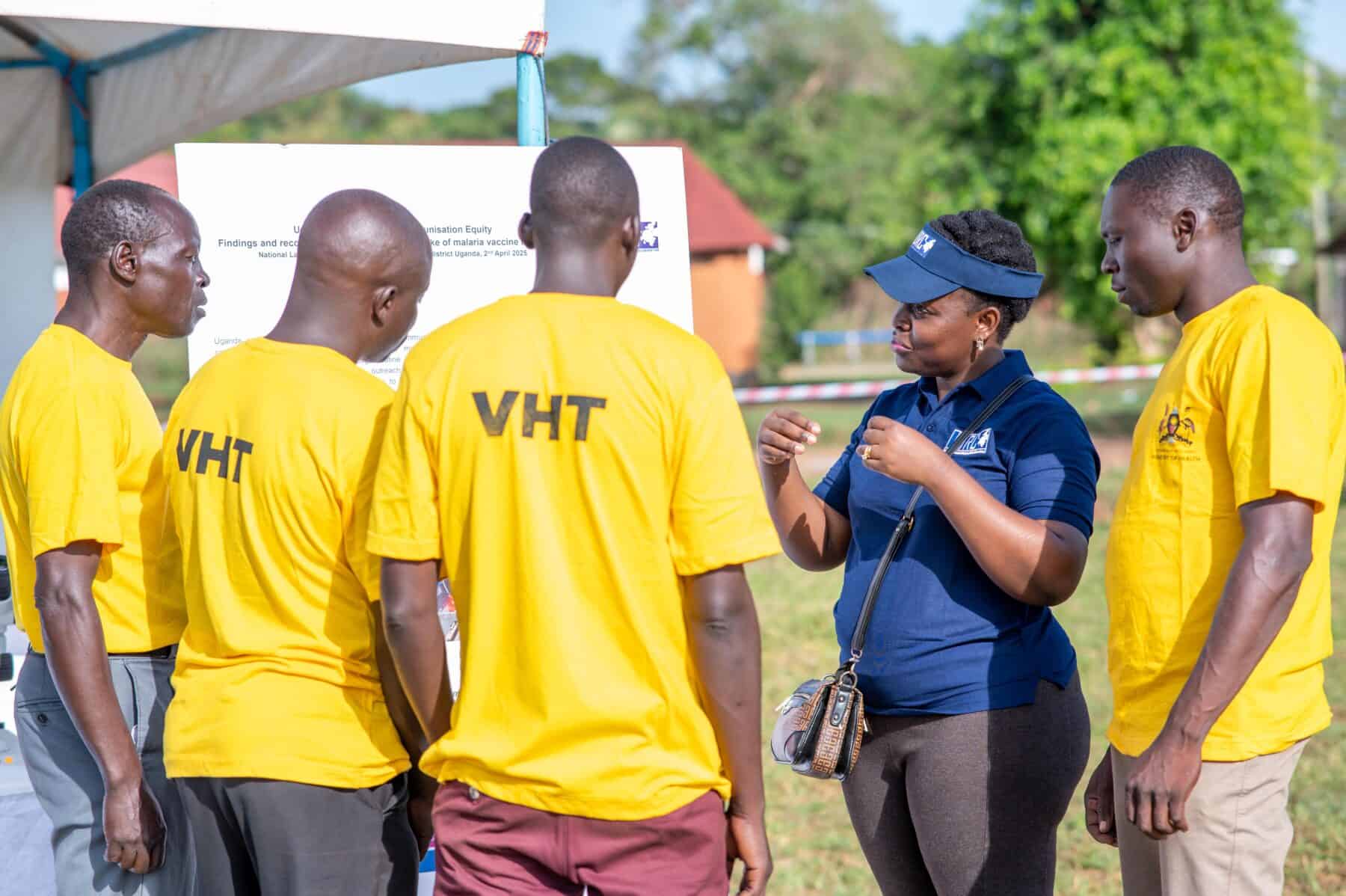“The transformative power of solidarity”: A look back on the Vaccine Alliance's 2023
Gavi CEO David Marlow gives his reflections on the driving forces for progress in 2023 and what's in store for 2024.
- 14 December 2023
- 6 min read
- by David Marlow
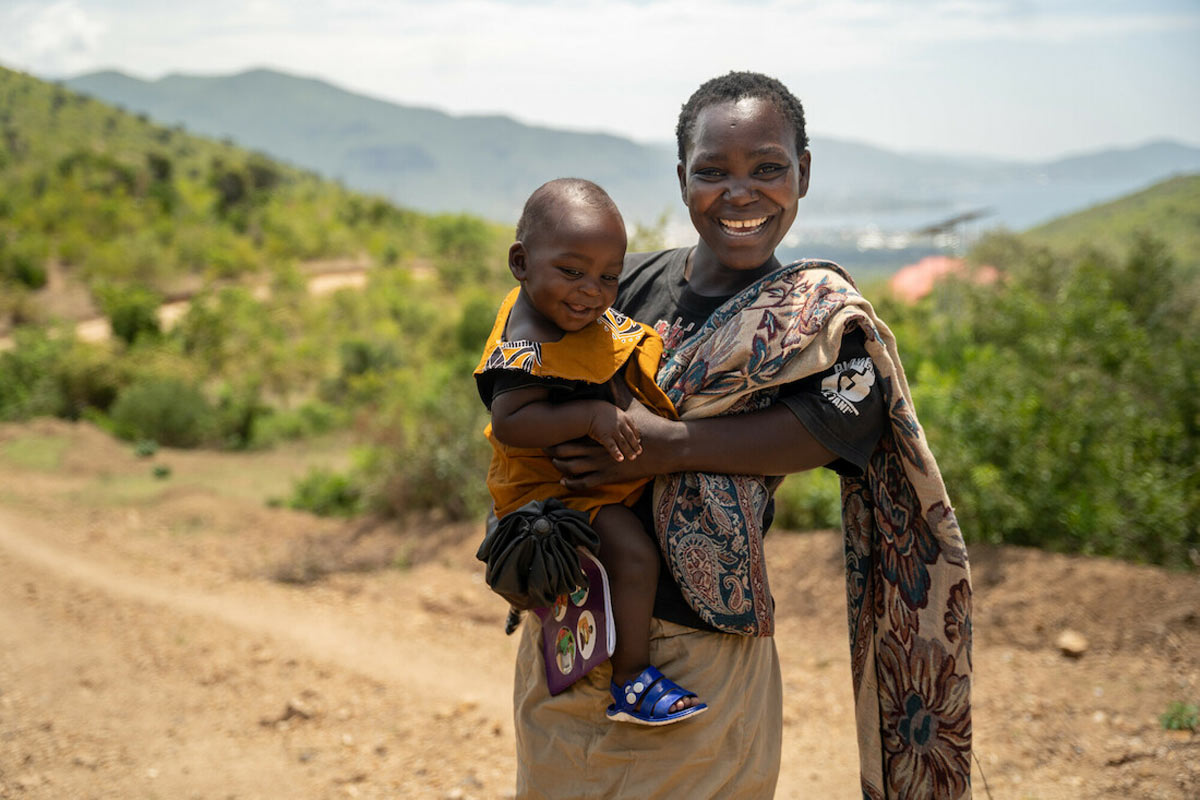
The confluence of risks that the world continued to face in 2023 gave added impetus to our efforts to deliver on Gavi's core priorities. In so doing, we continued on our journey to ensure that the Vaccine Alliance has the agility to rapidly respond to the needs of the countries we support; seize opportunities for impact as and when they present themselves; and remain efficient, resilient and sustainable in the face of an uncertain geopolitical and fiscal landscape.
The need to respond to evolving health risks and vulnerabilities also shaped the thinking of our Board, when last week in Accra, Ghana, they approved a series of landmark proposals with implications for pandemic preparedness, routine immunisation and the future of the Alliance.
2023 also brought us to the cusp of a new era of vaccination against one of humanity’s oldest enemies. In November, 330,000 doses of the RTS,S malaria vaccine arrived in Yaoundé, making Cameroon the first non-pilot country to receive the vaccine.
– David Marlow
After more than 18 months of close collaboration between Gavi, the African Union, Africa Centres for Disease Control and Prevention (Africa CDC) and other key partners, the principle of an African Vaccine Manufacturing Accelerator (AVMA) was adopted. With up to US$ 1 billion in available funding over ten years, this innovative financial instrument will support the sustainable growth of Africa's manufacturing base. AVMA has the potential not only to contribute towards making Africa more resilient in the face of future outbreaks and pandemics, but also to develop a high-value economic sector in the region and contribute towards solving some of the supply problems in today's global vaccine industry.
Similarly, the establishment of the First Response Fund, with US$ 500 million earmarked for the procurement of vaccines in the early stages of a pandemic, leveraged Gavi's comparative advantage to fill an important missing piece of the global architecture for health emergency response. The fund will enable Gavi and partners to rapidly and more effectively respond to country needs during early stages of a pandemic.
In April 2020, COVAX was set up as a time-limited funding mechanism to fulfil the first-response role during the COVID-19 pandemic. The Facility played a central role in raising the COVID-19 vaccination rate in 92 lower-income, COVAX-supported countries to 57% – compared with a global average of 67% – helping to avert more than 2.7 million COVID-19 deaths in participating lower-income countries. As COVAX draws to a close at the end 2023, I thank and honour COVAX colleagues for their dedication and commitment to saving lives, increasing COVID-19 vaccine equity and contributing to this historical response to the pandemic.
Progress and challenges
Our latest results put the Alliance in a strong position to achieve the majority of our Gavi 5.1 goals, but there remain substantial challenges to address.
The successful start to Nigeria's HPV vaccine introduction in November – and other introductions in Bangladesh, Cambodia, Eswatini, Indonesia and Togo this year – are crucial steps towards our target of reaching over 86 million girls by 2025.
The picture on the restoration of routine immunisation in the wake of COVID-19 is more mixed (read our Annual Progress Report in English and in French for an overview of 2022). The April 2023 launch of the Big Catch-up will help to accelerate progress. Despite an impressive 17% decrease in zero-dose children in Gavi implementing countries in 2022, a further 34% reduction in zero-dose children is required to achieve our 2025 target.
Have you read?
These efforts will be further boosted by the Board's approval of an initial US$ 290 million drawn from COVAX savings that can now be re-invested to fully fund doses for children to catch up on routine vaccinations that were missed during COVID-19. This exceptional support to countries to close immunity gaps created during the pandemic will see country co-financing requirements waived, but it will require robust country plans and other risk-mitigation measures to ensure effective use of funds with speed and efficiency.
2023 also brought us to the cusp of a new era of vaccination against one of humanity's oldest enemies. In November, 330,000 doses of the RTS,S malaria vaccine arrived in Yaoundé, making Cameroon the first non-pilot country to receive the vaccine. A second vaccine, R21, may be ready to introduce to countries by mid-2024, helping to broaden access and accelerate coverage. However, with the scale of the demand from countries and the costs of the vaccine, it is critical that we focus on securing more affordable pricing.
As Gavi works with the Global Fund, countries and other partners to introduce malaria vaccines alongside a package of other essential interventions, we will also be coordinating investments to strengthen key health system functions that can be 'benefit multipliers' for public health.
The Board's confirmation of the proposed shortlist for Gavi's Vaccine Investment Strategy (VIS) 2024, which includes vaccines against tuberculosis (TB), group B streptococcus, Shigella and dengue among others, sets us on an exciting path for the future. And for the first time for a VIS, the impact of climate change featured as a criterion in deliberations.
Recent successes on HPV and malaria attest to the fact that our most crucial partnerships are those with the countries we support. In addition to our Board Chair's high-level delegation to Cameroon in November, I had the pleasure of leading high-level visits to Nigeria, Zambia and Mozambique in recent months. On each of my visits to Gavi implementing countries, I was struck by the unwavering commitment of our people; the commitment to immunisation of national authorities and our partners from civil society organisations; and the openness that has characterised our collaborative work to strengthen mutual accountability and partnership, and drive improvements in the way we work as an Alliance.
Looking ahead with optimism
As I look ahead, I continue to be inspired by the huge potential for our Alliance to be an even greater force for good in a world in which many of the principles of multilateralism are increasingly contested. The deep importance of cooperation and partnership was underscored again at the Gavi Board meeting last week, when the representative of the Government of France, on behalf of President Emmanuel Macron, announced that France, alongside its African, European and international partners, will co-host a high-level event in June 2024 for the official launch of AVMA, with Africa CDC as co-host.
This was followed by the announcement that France will also host the launch of Gavi's investment case, in support of its replenishment, which will raise funds for immunisation in lower-income countries for the 2026–2030 period. It was a fitting conclusion to a year that hopefully leaves our world better equipped to provide a healthier future for everyone, and our Vaccine Alliance better equipped to continue to champion of the transformative power of solidarity, partnership and compassion.
